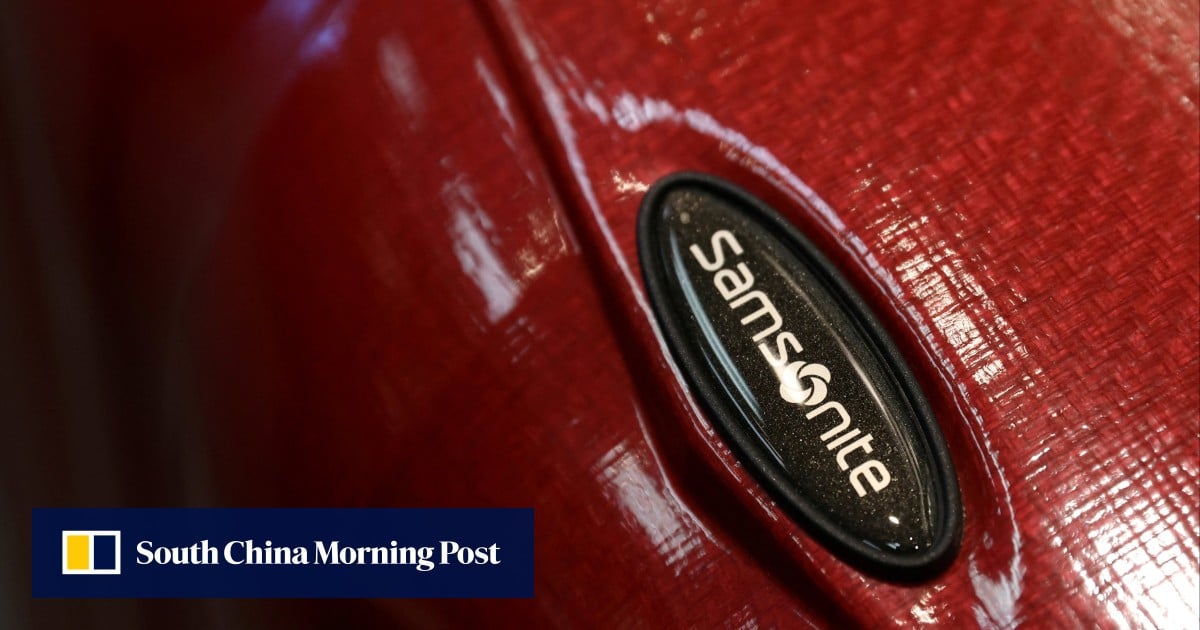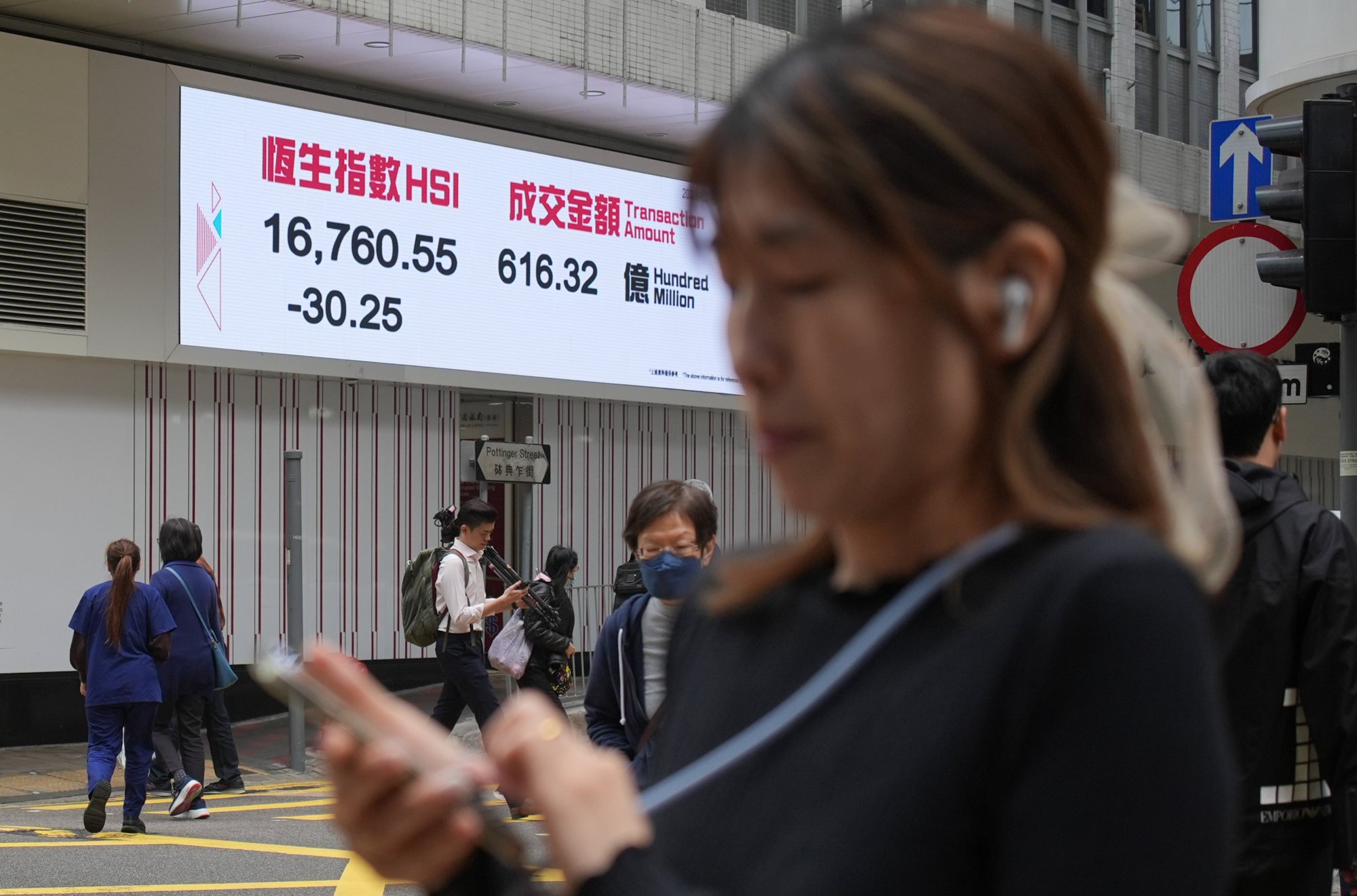
22 Mar Samsonite shares tumble in Hong Kong as surprise dual-listing plan douses take-private speculation
Samsonite reported a 28 per cent surge in sales last year to US$3.68 billion while earnings jumped 33 per cent to US$417 million, as a boom in post-Covid travel underpinned demand for its products. The firm stepped up marketing across all regions to capitalise on the recovery in tourism worldwide, chairman Tim Parker said in the March 13 report to shareholders.
Net sales in Asia rose by 20 per cent in 2023 compared with 2019, with business in mainland China fully returning to pre-pandemic levels, he added. Net sales in Europe and Latin America rose by 26 per cent and 72 per cent, respectively, from their levels in 2019. Those in North America delivered 2.3 per cent more.
Samsonite shares tumbled about 9 per cent to HK$28 at 1.40pm local time, trimming its gain this year to 11 per cent. The dual listing plan likely has doused market speculation since last year about the luggage maker being taken private, the fuel behind its 17 per cent gain over the past 12 months.
The Luxembourg and Massachusetts-based company is worth HK$40.6 billion (US$5.2 billion) at current market price.

With solid sales in Asia, Samsonite’s dual listing plan may be tied to economic and slowing retail growth in China and poor investment sentiment for stocks traded in Hong Kong, some analysts said. Samsonite started trading in Hong Kong in 2011, around the same time Western brand owners like L’Occitane and Prada tapped the Hong Kong market to get closer to wealthy Chinese consumers.
“The world was very different,” said Alicia García Herrero, Asia-Pacific chief economist at Natixis, a French bank. Western brands long for high equity valuations, she added, but today, “the growth in demand for luxury goods in China is no different than that of the rest of the world, so the advantage is no longer there”.
Hong Kong take-private deals jump as poor valuations dismay investors
Hong Kong take-private deals jump as poor valuations dismay investors
In addition, foreign investors are also shunning Hong Kong more than before for regulatory and geopolitical reasons, she said. “A dual listing could offer some respite to Samsonite.”
Hong Kong’s market valuation has cheapened through the past three years. The Hang Seng Index members are now trading at about 8.9 times forward earnings on average, according to Bloomberg data, versus about 13 times before the Covid-19 outbreak in early 2020.
“With broad revenue sources by country but a sole listing in Hong Kong, Samsonite has the incentive to diversify its investor base for better valuation,” said Gary Ng, the French bank’s senior economist.
However, Samsonite’s business outlook seems relatively promising, as firms selling travel-related items are the “market darlings” given the changing household preference towards tourism over consumer durables, he said.
Samsonite’s announcement came after news reports earlier this year that the company had engaged with advisers and investors about a potential take-private offer. It was said to have considered listing in the US to broaden the investor base, Bloomberg reported in August, citing people it did not identify.

